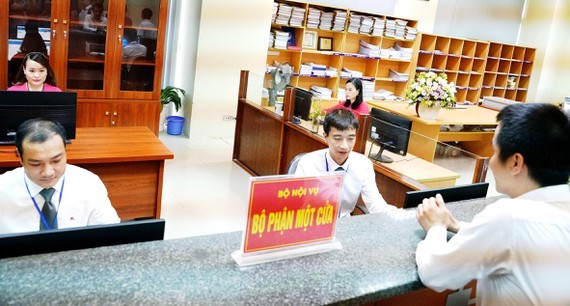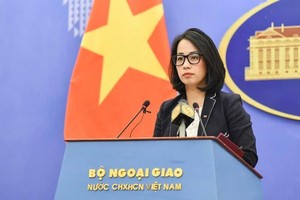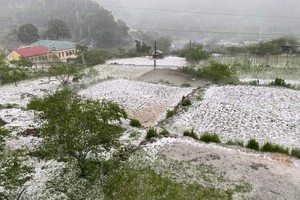
For decade there have been attempts all across the board from Vietnam’s municipalities to implement preferential policies aimed towards human resource development for state agencies.
One notable instance of this movement is Yen Bai Province People Council’s Resolution 07 in 2016, and subsequently Resolution 11 in 2018, a long-term scheme which helped the province recruit 150 employees according to Mr. Hoang Manh Ha, Deputy Head of the Organization Board of Yen Bai Provincial Party Committee. It requires a long-term process for municipalities to balance their policies to attract talents, he added.
Other examples include Tuyen Quang Province People Council’s Resolution 47, multiplying wages for candidates with doctorates or master degrees, as stated by Mr. Le Tien Thang, Head of the Organization Board of the Provincial Party Committee. Mr. Thang believed a good working environment is what will keep talented people working in the long run.
According to Mr. Vu Duc Bao, Head of the Organization Board of Hanoi Party Committee, the city has implemented multiple policies such as holding open recruitment and improving quality training. In the meantime, representative of the Ho Chi Minh Communist Youth Union in Hanoi said that 186 graduates of universities and institutes in the capital have been recruited into state agencies by the end of 2018, but only about 150 still work at their positions.
Still at a seminar between Hanoi’s officials and the youth union members, Mr. Bao acknowledged that many graduates have shown great capacity and efficiency after being recruited into state agencies and even got promoted and appointed, but resign after a while due to low income.
The Ministry of Home Affairs said that they had implemented a project to allocate 600 elite young intellectuals with bachelor's degree to 20 provinces, and they all received excellent remarks from the local authorities. At the end of the project, 18.21% of the candidates were sent to primary political classes, 61.79% got sent to intermediate political theory courses, and 1.25% got sent to advanced political theory courses. Currently, 506 out of 559 candidate have been assigned important positions in the project.
























